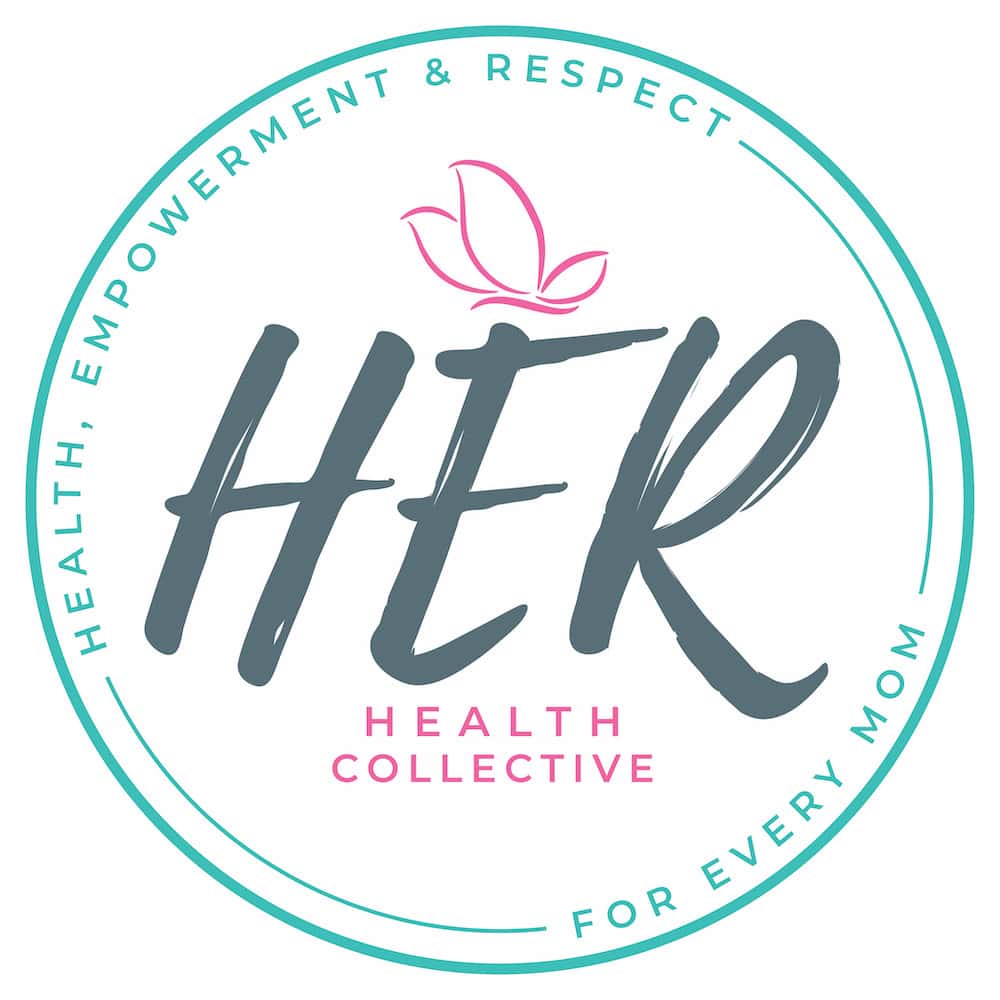
Are You More Anxious Than You Think?
There is a scientific way to understand if you’re prone to anxiety. Learn about your interoception score and several techniques to help manage anxiety and achieve a parasympathetic state.

There is a scientific way to understand if you’re prone to anxiety. Learn about your interoception score and several techniques to help manage anxiety and achieve a parasympathetic state.

Let’s break down what the research says about how screen time impacts sleep—and, more importantly, how you can manage it to help your little one get the best rest possible.

How do you know if your child needs to catch up in language development? This question is on the minds of many parents, and you may not always know what to believe from what you read online.

Massage therapy can offer several benefits for people with fibromyalgia, a chronic condition characterized by widespread pain, fatigue, sleep disturbances, and other symptoms.

Effective communication is one of the biggest factors in successful relationships. But it’s more than just knowing the “right” way to talk with one another; it’s about truly understanding the personality cycles and patterns that impact how we connect.

There is not one way to feed a child. Each family, parent, and child is different. This framework is designed to offer you support and guidance but without the rigid rules grounded in diet culture.

Melanie Yukov, an integrative nutrition health coach and herbalist, discussed four of her six fundamental pillars for promoting gut health.

Breastfeeding & Staying Hydrated: Your Essential Guide By Courtney Miller, RN, BSN, IBCLC You’ve likely heard that staying hydrated is crucial while breastfeeding, but how

When, Why, Where, and How to Start Solids with your 6 Month-Old By Lesley Van Dyck, MS, CCC-SLP Just when you feel like you’ve got

Those pesky cravings you experience are more than just random urges. They’re typically your body’s way of communicating important messages about your physical and emotional well-being.

In this article we’ll explore the reasons behind short naps, and you’ll leave with effective and practical strategies to make short naps a thing of the past.

Massage therapy can be a beneficial adjunct treatment for people with autoimmune diseases, though it’s important to approach it with some considerations in mind.

In their practice, Essential Health, Dr. Elizabeth Sierakowski and Nikki Fowler get many, many questions on detoxification. Clients often ask if they need certain products for detox. They explain what detox is, how you can support it on your own, and then when to seek professional help for guidance.

There is SO much information out there about the best way to help a child that is a picky or selective eater. All of the advice out there is enough to make your head spin. The number 1 piece of advice to help a picky eater that is not said enough is … shift your expectations.

Breastfeeding is a natural and profound act where a mother nourishes her newborn, showcasing the body’s incredible ability to support new life. Here’s an enlightening dive into the anatomy and physiology of breastfeeding, which might just make you feel like you possess a superpower by the end of this post!

Over years of study and helping clients, Melanie realized the root cause of people’s health issues is nervous system dysfunction, especially people with gut related issues, which has led her to become an expert on the vagus nerve. The vagus nerve is an important contributor to getting into a relaxed state.

The most influential person in your child’s language development is YOU! Children learn most effectively from those they trust and love—their caregivers.

Welcome to the world of sleep regressions – a phase that can leave even the most seasoned parents feeling like they’re back to square one in the sleep department. Let’s dive into the mysterious realm of sleep regressions and unravel the reasons behind them, so that you are equipped with strategies to navigate this challenging phase like a pro.

Aromatherapy is a holistic healing treatment that uses natural plant extracts to promote health and well-being. It’s believed that essential oils extracted from plants have therapeutic properties that can affect your emotions, mood, and overall mental state.

When you become a parent (whether birthing parent or not), your brain primes for learning. While you might be a little more sleep deprived, you also become more attuned to the feelings and needs of others, and you gain significant practice in a number of skills that are vital to leadership.

Dr. Elizabeth Sierakowski & Nikki Fowler, nurse practitioner, of Essential Health talk about empowerment, for hormone balance. They share tools that you can take for your own strong, healthy foundation, before you would seek counsel for more advanced hormone balancing.

Breastfeeding is a rewarding journey, but it comes with its share of challenges, including clogged milk duct. Let’s explore updated research and how to navigate this common breastfeeding issue.

The postpartum period can be a rollercoaster of emotions, and music can help you express and modulate your mood…Music is also a way to share joy with a child.

Our bodies want to heal, and they have a lot of wisdom. It’s about knowing what to do to support so that you can get out of the way of your own healing and be your own healer.

It makes sense that we want to use the tools that help us see ourselves more clearly to also see our children through that same clarity by using the Enneagram. When is it okay to type kids?

Founded by two moms passionate about motherhood & community, HER Health Collective provides a community of support for moms.